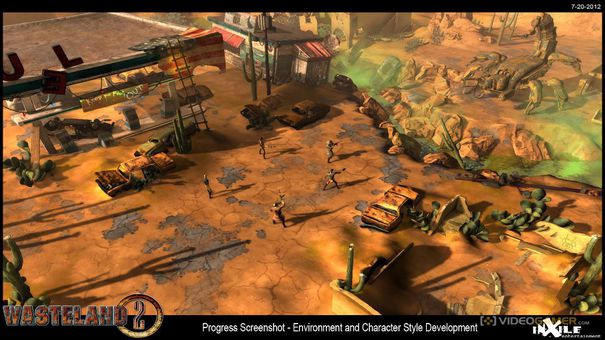Online gaming is hugely po[censored] r with children and young people.
Recent research shows that gaming is one of the top activities
enjo[censored] by 9-16 year olds online, with gaming more po[censored] r than
social networking.
From sport related games to mission based games and quests
inspiring users to complete challenges, interactive games cater
for a wide range of interests, and can enable users to link up and
play together.
Games can provide a fun and social form of entertainment often
encouraging teamwork and cooperation when pla[censored] with others.
Just like offline games, they can have educational benefits, and be
used, for example, to develop skills and understanding.
Traditionally, games could be bought from shops, often in the form
of a disk for use on a PC or console. Now, games can also be
downloaded online. Games are pla[censored] on many platforms, with
those bought in shops often having an online component to them.
Internet connectivity in a game adds a new opportunity for gamers
as it allows players to find and play against, or with, other players
from around the world (in a multi-player game).
We know that parents and carers do have questions and concerns
about games, often about the type of games their child plays, and
for how much time their child is playing.
This leaflet provides an introduction to online gaming and advice
for parents specifically related to online gaming.
Online gaming, where and how?
There are many ways for users to play games online. This includes
free games found on the internet, fun games online games on mobile phones and
handheld consoles, as well as downloadable and boxed games on
PCs and consoles such as the PlayStation, Nintendo Wii or Xbox.
Some of the most common devices on which online games are
pla[censored] are listed below.
Consoles: These games are pla[censored] on home
entertainment consoles designed to work with a TV.
Games for consoles are mostly boxed products bought
in shops and also online, containing a game disc
and usually a manual. According to Ofcom, nearly three quarters
of children aged eight and over, have a games console, in their
bedroom. Consoles like these are capable of connecting to the
internet via a home network just like other computers. This allows
users to download games or 鈥榚xpansions' to existing games as well
as playing online, although a subscription may be required for this.
All of the three main manufacturers (Nintendo, Sony and Microsoft)
include parental control functions in their consoles that are linked to
age ratings systems (FAQ 2).
PC Games: These games are pla[censored] on a
personal computer the same way as other software
programmes. They can be bought from shops or
purchased and downloaded directly from the internet.
Many PC games make use of the internet, and many 鈥楳assively
Multiplayer Online' (MMO) games, where gamers interact together
in virtual spaces, are PC games.
Web Games and Applications (apps): Some
games are accessed through a unique website, and
there are also websites hosting hundreds of different
games. Many of these games are free of charge online,
although some may have paid-for components. Applications can
be accessed through, and downloaded to, social networking
profiles which allow users to play games on their profile as well
as enabling them to play games with their friends, generally for
free. Smart phones with internet connectivity also enable users to download games to play, some free, some charged for. In contrast to console and PC games, many web games and downloadable app games are not rated.
Mobile Games: Mobile games can be free or
chargeable. There may be costs associated with mobile
gaming, as within some games, even free ones, there
are opportunities to purchase added functionality
such as 鈥榠n-app' purchases. These functions however can be deactivated, usually through the phone settings.
Handheld Games: Handheld games are pla[censored]
on small consoles. Two of the current po[censored] r handheld
consoles are the Nintendo DSi and the Sony Playstation
Portable (PSP). Handheld games can also be pla[censored] on
other devices like the iPod Touch or iPad. These devices can also
access the internet wirelessly, free online games for kids and allow for playing games with
others online.






 The Legend Of Zelda: A Link Between Worlds
The Legend Of Zelda: A Link Between Worlds . Plays, 22nd September 2014
. Plays, 22nd September 2014 L.A. Noire The Golden Butterfly Guide
L.A. Noire The Golden Butterfly Guide The Top 5 Reasons Why You Should Play Heroes of the Storm!
The Top 5 Reasons Why You Should Play Heroes of the Storm! How To Change Your Color And Sub Class In Disgaea 5
How To Change Your Color And Sub Class In Disgaea 5